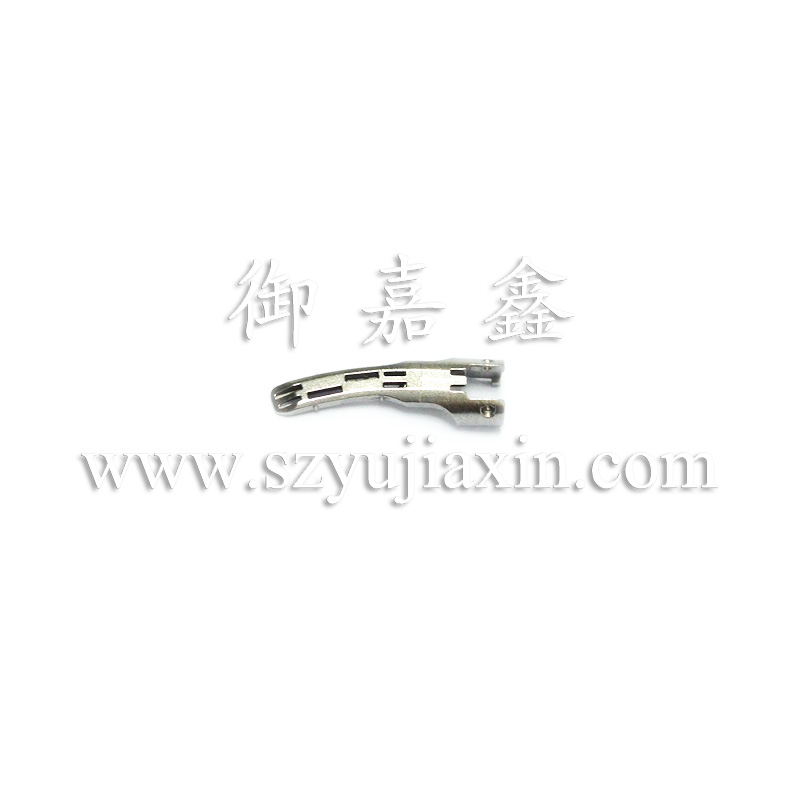Overview of Endoscopic Surgical Robots
Endoscopic surgical robots are currently the most widely used surgical robots, which can assist doctors in completing various complex minimally invasive surgeries. They can be used for minimally invasive surgeries in related departments such as urology, gynecology, thoracic surgery, and general surgery.
Traditional laparoscopic surgery is difficult to operate. During the surgery, the doctor inserts surgical instruments and endoscopes into the patient's body through an incision on the patient's surface to obtain a surgical field of view and perform the surgical operation. Due to the fixed incision position on the patient's body surface, the direction of the doctor's hand operation is opposite to the direction of the instrument's end movement, which further increases the difficulty of traditional laparoscopic surgery.
Endoscopic surgical robots can improve surgical accuracy and safety, and their emergence has significantly changed the pattern of minimally invasive surgery. While maintaining the benefits of standard endoscopic surgery, endoscopic surgical robots can provide greater flexibility, wider range of motion, filtering of tremors, 3D high-definition vision, and more precise control capabilities. These advantages are of great value in situations where the surgical site is deep and narrow, and small tissues need to be incised. Therefore, robot assisted laparoscopic surgery enables surgeons to repeat originally complex open surgeries using minimally invasive methods. It can also eliminate the "chopstick effect" in traditional laparoscopic surgery, allowing doctors to operate instruments intuitively and shortening their learning curve.
Application fields of endoscopic surgical robots
Endoscopic surgical robots can be widely used in surgical procedures, including urology, gynecology, thoracic, general surgery, and other related departments. Endoscopic surgical robots are mainly used to assist in urological surgery in China, and are currently mainly applied in radical prostatectomy and partial nephrectomy. Partial nephrectomy is considered a difficult surgery in the field of urology due to the thermal ischemia time limitation caused by renal artery occlusion. Therefore, conducting clinical controlled trials of robot assisted partial nephrectomy can more effectively test the product performance of endoscopic surgical robots.
Based on the above discussion, it can be concluded that compared to traditional laparoscopic surgery, robot assisted laparoscopic surgery has significant clinical benefits in multiple departments.
Advantages and Components of Endoscopic Surgical Robots
Endoscopic surgical robot is a surgical robot designed to perform various complex minimally invasive surgeries. It mainly consists of three parts: computer console, high-definition imaging system, and bedside robotic arm system. Endoscopic robot assisted surgery eliminates most of the problems of traditional surgery. Endoscopic surgical robots are not affected by human physiological factors such as fatigue and emotional factors, and they have the characteristics of high precision and strong flexibility, which can assist surgeons in shortening surgical time, improving surgical quality, and to some extent enhancing their surgical abilities.
Competitive landscape and market of endoscopic surgical robots
In the field of endoscopic surgical robots, the world's largest company is Intuitive Surgery from the United States, and Asensus Surgical is also listed on the US stock market as a similar company. Although the productization research and development of endoscopic surgical robots started relatively late in China, there have been abundant achievements in the research of key technologies and core components. At present, among imported products, the Da Vinci Si system and Xi system of Intuitive Surgery Company have been approved for market launch. Among the domestically produced porous endoscopic surgical robots, Sizherui's Kangduo robot ®、 Weigao Robot's Magic Hand S and Minimally Invasive Robot's Tumai ® The MP1000 products from Jingfeng Medical have obtained NMPA approval, and their application departments include urology and general surgery.
Driven by factors such as increased awareness of minimally invasive surgery, breakthroughs in core technology innovation, and policy encouragement and support, endoscopic surgical robots have a large market space and fast growth rate in China.
According to data from the China Academy of Commerce Industry Research, from 2017 to 2021, the market size of endoscopic surgical robots in China has grown from 700 million yuan to 3.24 billion yuan, with a compound annual growth rate of 46.7%. The compound annual growth rate of equipment is 75.6%, consumables is 31.6%, and services is 39.5%. It is expected that the market size of endoscopic surgical robots in China will continue to grow in the future, and the market size of endoscopic surgical robots in China will reach 4.78 billion yuan in 2023.
According to the industry research report "Surgical Robot Market Research" released by the internationally renowned consulting firm Frost&Sullivan, it is expected that the market size of endoscopic surgical robots in China will reach 11.36 billion yuan by 2025, and 35.25 billion yuan by 2030. The data is authoritative and independent, and the relevant data quotes truly reflect the development trend of the industry.

Shenzhen Yujiaxin Technology Co., Ltd. focuses on the field of endoscopic surgical robots, continuously researching and innovating, and producing various high-precision metal parts such as forceps heads, clamps, tweezers, etc. to meet market demand.